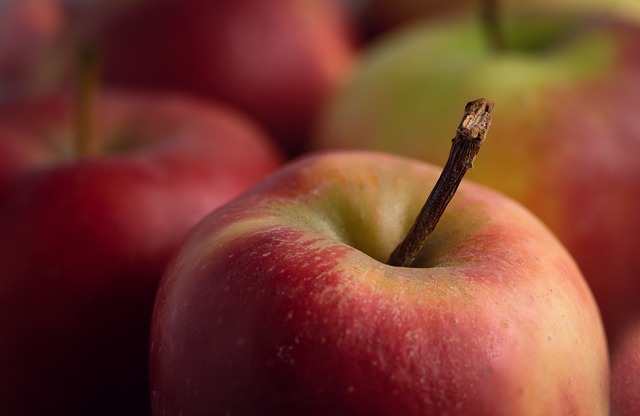In the world of food preservation, Apeel Sciences has made headlines for its “plant-based” coating that promises to extend the shelf life of fruits and vegetables. Marketed as a breakthrough for sustainability and food waste reduction, Apeel has drawn heavy criticism from health advocates and organic food lovers — and for good reason.
🚫 What Is Apeel Really Made Of?
While Apeel claims to be derived from “plant-based lipids,” it has **not fully disclosed its chemical ingredients** to the public. The company is vague, stating it uses “glycerolipids found in the peels, seeds, and pulp of all fruits and vegetables.” However, concerned researchers and independent analysts point out that Apeel coatings may contain synthetic preservatives, emulsifiers, or surfactants that are not listed on the label. In short, you don’t really know what’s on your food.
Even more concerning is the fact that Apeel is not easily washed off. This coating creates a waxy, undetectable layer around fruits and vegetables — organic or not — making it nearly impossible for consumers to remove it at home.
💸 Bill Gates and the Push for Control
One of the biggest financial backers of Apeel Sciences is none other than Bill Gates, through his Breakthrough Energy Ventures fund. While the company promotes environmental sustainability, critics argue that this is just another effort by Gates and other global investors to control the food supply under the guise of innovation.
With ties to major biotech and agricultural initiatives, Gates’ involvement has raised red flags — particularly as Apeel is now being quietly applied to produce across North America and Europe.
🥬 Yes, Even Organic Produce Is Being Coated
Perhaps the most alarming development is that Apeel is now being used on certified organic fruits and vegetables — despite consumer expectations that organic produce remain free of synthetic coatings and additives.
Because Apeel is USDA-approved and considered “non-toxic,” it qualifies for use in organic supply chains, even though most shoppers would assume otherwise. This highlights a significant loophole in organic certification standards, undermining trust in the organic label itself.
🛒 Stores That Use Apeel-Coated Produce
Retailers have been slow to disclose their use of Apeel, but reports and whistleblowers have confirmed that the following stores have stocked produce treated with the coating:
- Costco (certain fruits like limes and avocados)
- Kroger and subsidiaries (Ralphs, Fry’s, King Soopers)
- Walmart
- Trader Joe’s (limited, but some seasonal items have been noted)
- Whole Foods (select items)
Often, the produce is labeled with a small sticker that says “Apeel Protected” — but not always. Transparency varies from store to store.
✅ Stores That Have Refused Apeel (or Discontinued It)
Some grocers have listened to customer concerns and chosen not to use Apeel-coated produce:
- Natural Grocers — publicly stated they will not carry Apeel-treated items
- Sprouts Farmers Market — consumer pressure has reportedly led to reduced use of Apeel
- Local organic co-ops — often avoid coated produce entirely
It’s always best to ask your produce manager directly — many stores won’t advertise the use of Apeel unless asked.
⚠️ Why You Should Be Concerned
- Apeel may contain undisclosed or synthetic chemicals.
- It’s nearly impossible to wash off at home.
- Even organic produce may be coated without clear labeling.
- Long-term effects of ingesting these coatings are unknown.
Consumers deserve transparency — especially when it comes to food. When companies apply invisible chemicals to your produce without full disclosure, that’s a serious breach of trust.
Detox
Detoxing from Apeel—a controversial coating made with undisclosed chemical ingredients often found even on organic produce—can be supported naturally with spirulina. Spirulina, a blue-green algae packed with chlorophyll, binds to heavy metals and synthetic toxins, helping the body flush them out through the liver and kidneys. Its potent antioxidant and anti-inflammatory properties also aid in repairing cellular damage caused by chemical exposure. For best results, take high-quality organic spirulina daily on an empty stomach, paired with plenty of filtered water to assist in elimination.
Find it here
🔍 Final Thoughts
While Apeel may reduce food waste on paper, it also adds another layer of mystery to the modern food system. With major investors like Bill Gates involved and a lack of ingredient disclosure, many are choosing to avoid it altogether.
To protect yourself: shop local, ask questions, wash produce thoroughly, and support stores that refuse coated fruits and veggies. Your health — and your right to choose what goes into your body — depends on it.
